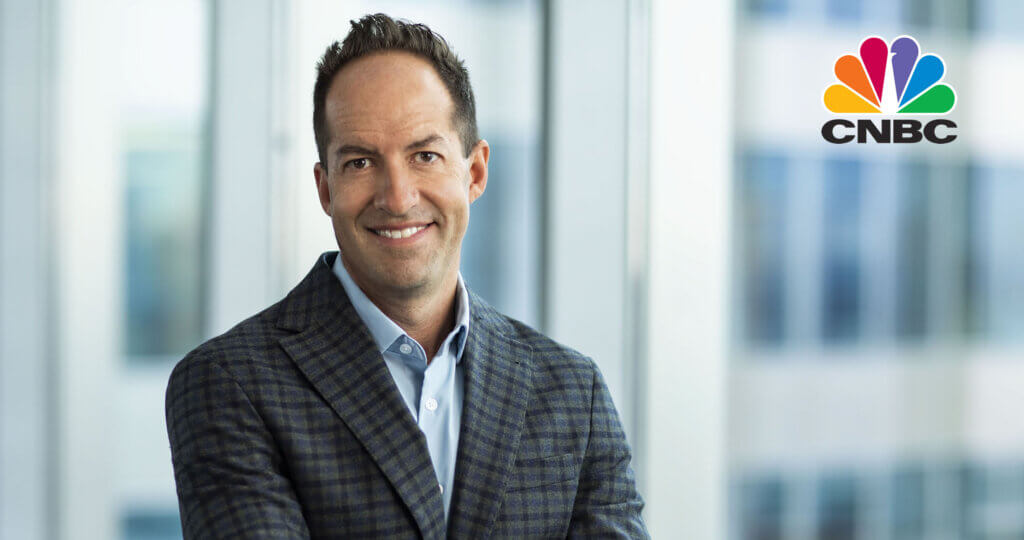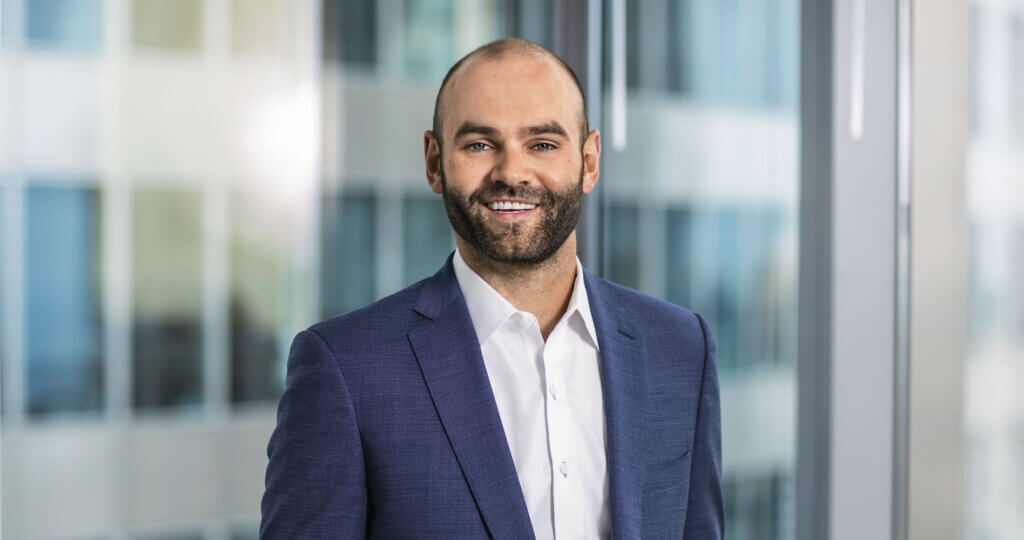Oakmark Global Fund - Investor Class
Average Annual Total Returns 03/31/13
Since Inception 08/04/99 10.76%
10-year 12.76%
5-year 4.54%
1-year 12.55%
3-month 8.43%
Gross Expense Ratio as of 09/30/12 was 1.16%
Past performance is no guarantee of future results. The performance data quoted represents past performance. Current performance may be lower or higher than the performance data quoted. The investment return and principal value vary so that an investor’s shares when redeemed may be worth more or less than the original cost. The most recent month-end performance data can be found here.
Quarter Review
As was the case one year ago, the March quarter witnessed a strong rally in world stock markets, with very few countries experiencing losses. The Oakmark Global Fund gained 8% in the quarter. The MSCI World Index returned 8%, and the Lipper Global Fund Index gained 7%. For the Fund’s fiscal six months, the return was 20%. This contrasts to 10% for the MSCI World Index and 12% for the Lipper Global Fund Index. As always, we are most pleased to report the Fund’s 11% compound annualized rate of return since inception.
Countries that contributed most to the Fund’s three-month return were the U.S., Japan and Switzerland, which are also by far the heaviest country weights in the portfolio. Spain, Australia, Germany and the Netherlands generated negative returns, but except for Germany, these countries have only one holding each represented in the portfolio. For the first half of the fiscal year, the positive contribution rankings were the same, with only Spain detracting from the Fund’s return.
The Fund holdings with the highest contributions to return in the quarter were Tenet Healthcare (U.S.), Daiwa Securities (Japan), Live Nation (U.S.), Cimarex Energy (U.S.) and Discovery Communications, Class C (U.S.). Square Enix Holdings (Japan), Banco Santander (Spain), Canon (Japan), Kuehne + Nagel (Switzerland) and Incitec Pivot (Australia) were the primary detractors. For the fiscal six months, the leading contributors were Daiwa, Tenet Healthcare, Toyota Motor (Japan), Credit Suisse (Switzerland) and Mastercard (U.S.). The largest detractors were Square Enix Holdings, Apache (U.S.), Devon Energy (U.S.), Laboratory Corporation of America (U.S.) and Intel (U.S.). Our sale of Apache during the quarter is discussed below.
Hospital operator Tenet Healthcare and brokerage firm Daiwa Securities have been key contributors to the Fund’s six-month return and outperformance. Tenet’s price increase may look exceptional, but not within the context of the U.S. hospital industry. The ways that the industry might profit from the Patient Protection and Affordable Care Act have not been lost on investors. In addition to its sector’s strengths, Tenet stands out for its persistent share repurchasing. The largest non-U.S. contributor to performance was once again Daiwa, Japan’s second-largest broker. Continued discussions of economic reforms have caused the Japanese market to rally and the yen to weaken. These positive developments contributed to Daiwa’s strong quarterly results. The company’s retail revenues increased 10%, and its retail profits grew 247%. Asset management revenues were up 4%, and profits in that segment were 50% higher than this time last year. In addition, the company’s cost-cutting measures are paying off. Better trading profits and commissions have increased the wholesale unit’s revenues by 117% from the year-ago period, marking that segment’s first profitable quarter since 2009. Although Daiwa’s stock price has more than doubled over the past six months, we continue to believe the company has significant upside potential and that it will remain a good investment for our shareholders.
Square Enix has been the worst contributor for the past two quarters. We’ve written about cyclical and secular impacts affecting the entire gaming industry. These headwinds persist for all industry players. Management at Square Enix, however, has also executed poorly during recent major title launches, including Hitman and Lara Croft: Tomb Raider, by overspending on development costs and undershooting volume expectations. Furthermore, the company had to write off about $85 million in development costs that management felt would not lead to adequate profitability. As a result, Yosuke Matsuda, the current CFO, will replace Yoichi Wada as president in June, and a new management team will be formed. While our assessment of intrinsic value has been negatively impacted, it has not fallen as much as the share price. Square Enix owns a library of strong content and has a loyal following among gamers, and the company’s balance sheet still shows a large cash cushion. We’re encouraged by the upcoming leadership changes and anxiously await the opportunity to assess the new team’s strategy.
Portfolio Activity
Our portfolio activity in the quarter was modest when expressed in terms of new names or eliminations. That statement, however, does not begin to capture the extent of our daily efforts to maintain the best possible risk/return characteristics. Yamaha (Japan) was the only new purchase and Apache was the only stock holding that we completely eliminated. The U.S. portfolio weight declined slightly in the quarter, as purchase/sale activity more than offset the period’s superior price performance of U.S. equities.
Clients often ask us “Aside from meeting your price targets or to satisfy redemptions, what fundamental rationale do you have for selling a stock out of the portfolio?” The answer derives from our investing process and value philosophy. We have often stated the shorthand version of our philosophy: Invest in quality businesses selling at a discount to our estimated intrinsic value, businesses that persistently grow their intrinsic value per share, and businesses with management teams that think and act as if they owned the business but who treat their shareholders as their partners. When we approve an equity for purchase, we also establish “reasons to own,” which help us assess the performance of the company over time. A company whose results begin to challenge our reasons to own demands our immediate attention. Such a company is also likely not to be growing its intrinsic value per share as we anticipated. Apache falls into this category. When we purchased shares in Apache, our analysis indicated an astutely managed company with a well-diversified portfolio of oil and gas properties. Our primary reasons to own were low resource development costs, above-average growth in reserves and production and great international assets that included a large concession in Egypt. More recently, however, the company’s costs to find and develop oil and gas have increased steeply. Rising costs have slowed the pace of the company’s reserve growth, causing its intrinsic value per share to stagnate. Finally, its important holdings in Egypt are difficult to value today, given the political change under way there. These combined factors prompted us to sell our shares.
Yamaha Motor is probably best known in the U.S. for its outboard marine engine business. However, over 60% of its sales and most of its profits come from emerging market countries. Yamaha has strong market positions in fast-growing areas such as Indonesia, Vietnam and Thailand, where motorcycles and scooters are primary methods of transportation. Recently, management has pursued entry into other developing regions, including India, where it expects to gain significant market share with its new “Ray” scooter model. In addition to building business in emerging economies, management has cut fixed costs, thereby reducing the break-even point for its motorcycle business in developed regions.
Hedge Discussion
Although many global currencies have weakened compared to the U.S. dollar, we believe some currencies are overvalued, so we defensively hedge the Fund’s currency exposure. The Japanese yen continued to depreciate during the quarter, reaching levels not seen since 2009. We decreased our hedge to 20% of our yen exposure. Our yen hedges added over 85 basis points worth of performance for the first quarter alone. Approximately 58% of our Australian dollar and 28% of our Swiss franc exposures were also hedged at quarter end.
Thank you for being our partners in the Oakmark Global Fund. Please feel free to contact us with your questions or comments.
As of 3/31/13, Tenet Healthcare Corp. represented 3.8%, Daiwa Securities Group, Inc. 3.9%, Live Nation, Inc. 1.9%, Cimarex Energy Co. 1.8%, Discovery Communications, Inc., Class C 2.0%, Square Enix Holdings Co., Ltd. 2.0%, Banco Santander SA 1.9%, Canon, Inc. 2.4%, Kuehne + Nagel International AG 2.2%, Incitec Pivot, Ltd. 2.9%, Toyota Motor Corp. 2.4%, Credit Suisse Group 4.2%, Mastercard, Inc., Class A 3.7%, Apache Corp. 0%, Devon Energy Corp. 2.7%, Laboratory Corp. of America Holdings 3.0%, Intel Corp. 2.3%, and Yamaha Motor Co., Ltd. 2.2% of the Oakmark Global Fund’s total net assets. Portfolio holdings are subject to change without notice and are not intended as recommendations of individual stocks.
The MSCI World Index (Net) is a free float-adjusted market capitalization weighted index that is designed to measure the global equity market performance of developed markets. This benchmark calculates reinvested dividends net of withholding taxes using Luxembourg tax rates. This index is unmanaged and investors cannot invest directly in this index.
The Lipper Global Fund Index measures the performance of the 30 largest mutual funds that invest in securities throughout the world. This index is unmanaged and investors cannot invest directly in this index.
The Fund’s portfolio tends to be invested in a relatively small number of stocks. As a result, the appreciation or depreciation of any one security held by the Fund will have a greater impact on the Fund’s net asset value than it would if the Fund invested in a larger number of securities. Although that strategy has the potential to generate attractive returns over time, it also increases the Fund’s volatility.
Investing in value stocks presents the risk that value stocks may fall out of favor with investors and underperform growth stocks during given periods.
Investing in foreign securities presents risks that in some ways may be greater than in U.S. investments. Those risks include: currency fluctuation; different regulation, accounting standards, trading practices and levels of available information; generally higher transaction costs; and political risks.
The discussion of the Fund’s investments and investment strategy (including current investment themes, the portfolio managers’ research and investment process, and portfolio characteristics) represents the Fund’s investments and the views of the portfolio managers and Harris Associates L.P., the Fund’s investment adviser, at the time of this letter, and are subject to change without notice.





